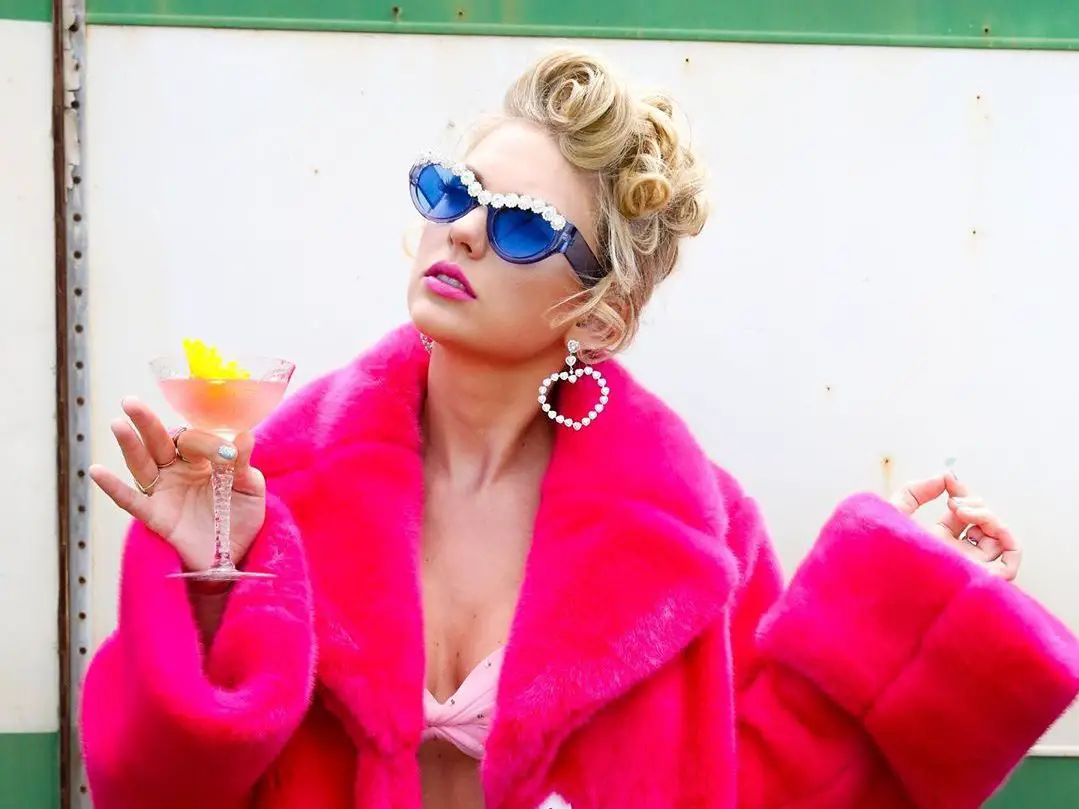Anyone who has ever attended a Gay Pride event knows the unique stress of forming the perfect pre-event playlist. Too much ABBA and the music becomes too retro. Not enough women and queer artists of color and the playlist becomes merely a white, male showcase of LGBTQ+ musicians. Another question that arises when curating these playlists is what to make of or whether to even include a so-called “ally anthem,” which continue to rise to popularity on the music scene.
Ally anthems are songs about LGBTQ+ advocacy that artists who do not publicly identify as LGBTQ+ write or perform. Macklemore’s “Same Love” comes to mind (though it does feature Mary Lambert), and so does “Cameron” by Jillette Johnson.
With the release of the single “You Need to Calm Down” this June, Taylor Swift has joined a small but notable list of celebrities who have released singles about LGBTQ+ acceptance. While Swift’s own sexuality remains ambiguous, the song and the media conversations surrounding it evoke interesting questions about what it means when non-LGBTQ+ identifying celebrities express allyship through their music.
Swift hasn’t always been so politically vocal. In 2016, she remained silent about who she voted for during the presidential election, which led some fans to speculate that she voted for Donald Trump. Yet, over the course of the past few months, the country-sweetheart-turned-popstar has undergone a political awakening.
Last October, she publicly endorsed the Tennessee Democrats in a passionate Instagram post. She also recently performed at the Stonewall Inn in New York City, a place historically recognized for being the birthplace of the gay liberation movement.
“You Need to Calm Down” is Swift’s sweeping pro-LGBTQ+ anthem about disarming homophobia through positivity and pastel. Like most of the artist’s music, the ally anthem is upbeat and toe-tappingly catchy. The single’s best lyric — and the line that I anticipate will be screamed drunkenly by bachelorettes in gay bars for years to come — occurs when Swift responds to the prospect of being taken “shots at” by a homophobe with the dry zinger, “d–n, it’s 7am.”
The accompanying music video is a garish, brightly-colored wonderland. Swift spins the kind of happy-go-lucky vision of LGBTQ+ life that already takes center stage in most media narratives about LGBTQ+ people. In one shot, she dumps cotton candy into a blender for breakfast. In another, she sips tea at an Alice in Wonderland-esque tea party with all five of the “Queer Eye” “Fab Five.”
https://www.instagram.com/p/Byv1dDujOeM/?utm_source=ig_web_copy_link
It’s all “throwing shade” and “yas, kween,” and the video features cameos from a motley crew of LGBTQ+ celebrities.
To her credit, Swift also incorporates several LGBTQ+ people of color into her rainbow fantasia, such as RuPaul and Billy Porter. There are also several women on screen, with Hailey Kioko, Ellen DeGeneres and Laverne Cox each being granted their own scene-stealing moments.
https://www.instagram.com/p/Byz3uXZDDNV/?utm_source=ig_web_copy_link
Reactions to Swift’s ally anthem have been mixed. Some critics argue that Swift has placed herself at the forefront of a media narrative that does not concern her. The lyrics are inconsistent and obfuscate whom the song is truly about. One moment, Swift is accusing the ‘haters’ of targeting gay people, with lines like “shade never made anybody less gay.”
The next moment, the popstar is discussing the objectification of women online: “We see you over there on the internet / comparing all the girls who are killing it.” It is unclear who the true antagonist in the song is: homophobes or critics of Swift herself, and the song’s lyrics oddly imply that the two groups are of similar threat.
Likewise, some fans have taken to Twitter to point out an odd subplot in the music video: The resolution of conflict between Swift and her longtime rival Katy Perry. It seems like a diversion that inappropriately equates LGBTQ+ struggles with the petty feuds of rich celebrities.
https://www.instagram.com/p/Byz6_KKjztL/?utm_source=ig_web_copy_link
Of course, for all its controversy, “You Need to Calm Down” has also inspired generous helpings of praise. In an interview for IndieWire, several queer filmmakers praised the music video and song for sending a positive pro-LGBTQ+ message and for being “eye candy.” The comment section of the video is awash in praise and rainbow hearts, and the video contains over a thousand times more likes than dislikes.
The “Blank Space” singer also ends the music video with a link to a petition on Change.org, which supports the Equality Act. By ending the music video with a plug for political action, Swift solidifies her ally anthem with a tangible demonstration of how she is committed to working toward legal and social change. According to Swift’s blurb, the Equality Act aims to protect LGBTQ+ people from discrimination in the workplace. This plug gives Swift’s otherwise silly music video an element of real-life credibility.
Taylor Swift’s allyship may be haphazard and even problematic, but it is still allyship. To analyze whether her motives are pure (they’re probably not) or whether she is capitalizing on the “trendiness” of LGBTQ+ people in modern popular culture (she probably is, yeah) is frankly a waste of energy.
Yet, a young person might tune into Swift’s anthem on the radio one morning and accept the positive message at face value. They might go about their day — navigating hallways, sitting silently in math class, dodging slurs in a high school locker room — humming an upbeat, glittery chorus about gay acceptance. And that’s beautiful.
Besides, in North American media, we are fortunate enough to have a vast array of LGBTQ+ artists from which to choose. These artists span genres and age demographics, and, with the rise of streaming services like Spotify or YouTube Music, we can listen to most of them within a matter of clicks. If one song on our Pride playlists is vain or oversimplifies LGBTQ+ people’s struggles, instead of dissecting the lyrics, we can simply press skip and move onto the next, more authentic song.
An ally anthem will always boil down to a straight person advocating for a group they do not intimately understand. No matter how many political plugs or mentions of GLAAD the song contains, this kind of music can never provide a wholly honest window into LGBTQ+ lives.
So, instead of condemning Swift for her bubble gum allyship, let us instead focus our energy on the other songs on our Pride playlists. Let’s make sure that we are also uplifting LGBTQ+ identifying artists — artists who understand the experiences of LGBTQ+ people firsthand and can thus sing from a place grounded in truth and understanding — instead of exclusively playing these flimsy refrains on repeat.
“You Need to Calm Down” is a light-hearted romp about LGBTQ+ acceptance that will undoubtably resonate with a wide audience. It is by no means a perfect song, and it still deserves to be examined with a critical eye. However, like the cotton candy Swift pops into her breakfast smoothie, the song is fluffy and fun. Perhaps it is best for us listeners to savor the sweetness, and then, when our appetite resurfaces, to seek out something more substantial.
















